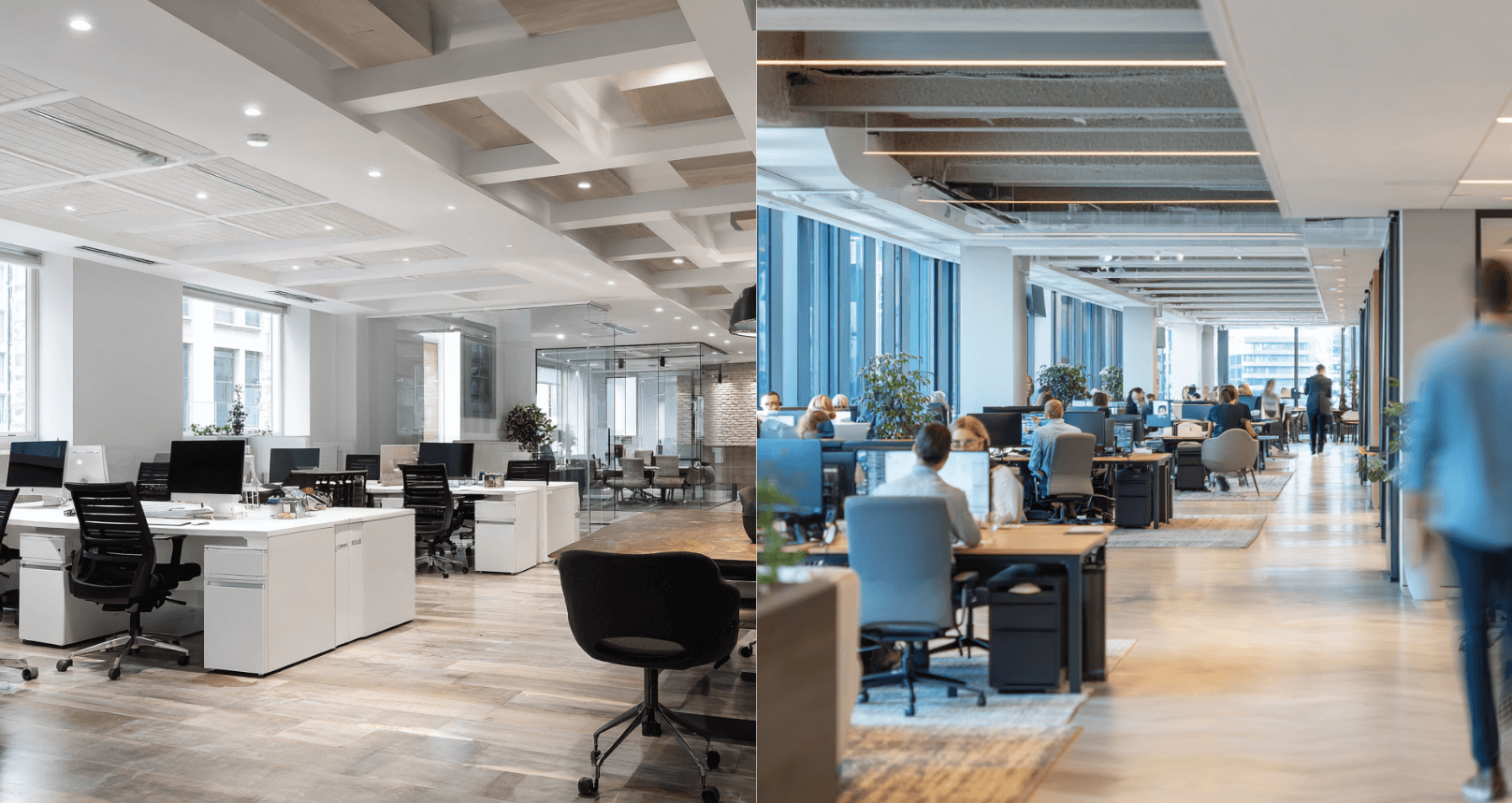Creating intentional in-person experiences with Darren Murph, Head of Remote at GitLab
Murph talks about the importance of creating intentional in-person experiences that bring people together.

An employee with a fulfilling personal life and a healthy work-life balance is good for business.
Darren Murph, Head of Remote at GitLab, builds the fully distributed company’s remote strategy around this principle.
He’s found that employees are asking themselves, “How do I leverage work to build a more fulfilling life so I can be my most productive self at work?” This creates tension within organizations that are still operating under old policies where an employee’s work-life balance wasn’t a consideration.
A lifelong remote work advocate, Murph believes that a well-designed remote policy allows employees to bring their full selves to work.
“It has enabled me to be the man I am and to really be intentional about what I call my identity stack," he says. "I'm an adoptive dad. I'm a husband. I'm a man of faith. I'm a man of my community. I'm a traveler. And I'm also an operator at GitLab."
When companies provide quality remote policies, employees have the freedom to choose where to live, when to work, and how to balance work and life. Murph explains that he’s so much more engaged at work because GitLab supports the elements of his identity stack that drive him, such as being able to live near his adopted child’s birth mother.
“I've been able to build a life that enables me to thrive as a person without sacrificing my career,” he says.
Another consideration that Murph finds critical to creating effective remote policies is intentional in-person interactions.
“There's just something special about intentionally being together – building culture, building rapport, breaking bread together. It matters,” he says. “And spaces can be hallowed ground for bringing people together for really, really vital moments that are impactful for them in their personal life as well as catalyzing a lot of great work after they go their separate ways.”
Murph predicts that these purposeful in-person events will become a cornerstone of remote work because they allow employees to feel rooted wherever home is for them while still feeling connected to colleagues and contributing in a meaningful way.
“In my estimation,” he says, “this will enable us to create more progress than we've ever seen before.”
Key Takeaways

DisruptCRE founder shares how corporate real estate is changing
Companies are moving employees from underutilized offices into "space as a service” options with utilization data.
Watch now
Half of offices are empty but you still can’t find a meeting room
Employees waste up to 30 minutes a day looking for a meeting room to meet in workplaces.
Read moreMost recent

Space waste: The industry’s naughty and nice list
Our sensors spilled the beans: What industry is winning, who's wasting and who's hogging your office real estate.
.png)
Improve your occupancy sensor RFP with our best practice guide
Discover essential questions to simplify your occupancy sensor RFP process and confidently choose the right vendor.

Does RTO actually work? A webinar debate with the data
Density’s RTO data sparks debate between a pro-office CEO and a remote-friendly workplace strategist.

A workplace love story: Phone booth meets sensor
Phone booths are booming—and occupancy sensors help companies manage and measure them with ease.
Explore other Density Products
Atlas for Workplace
Insights for the workplace that help you cut costs and deliver better spaces.
Learn more